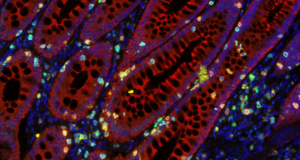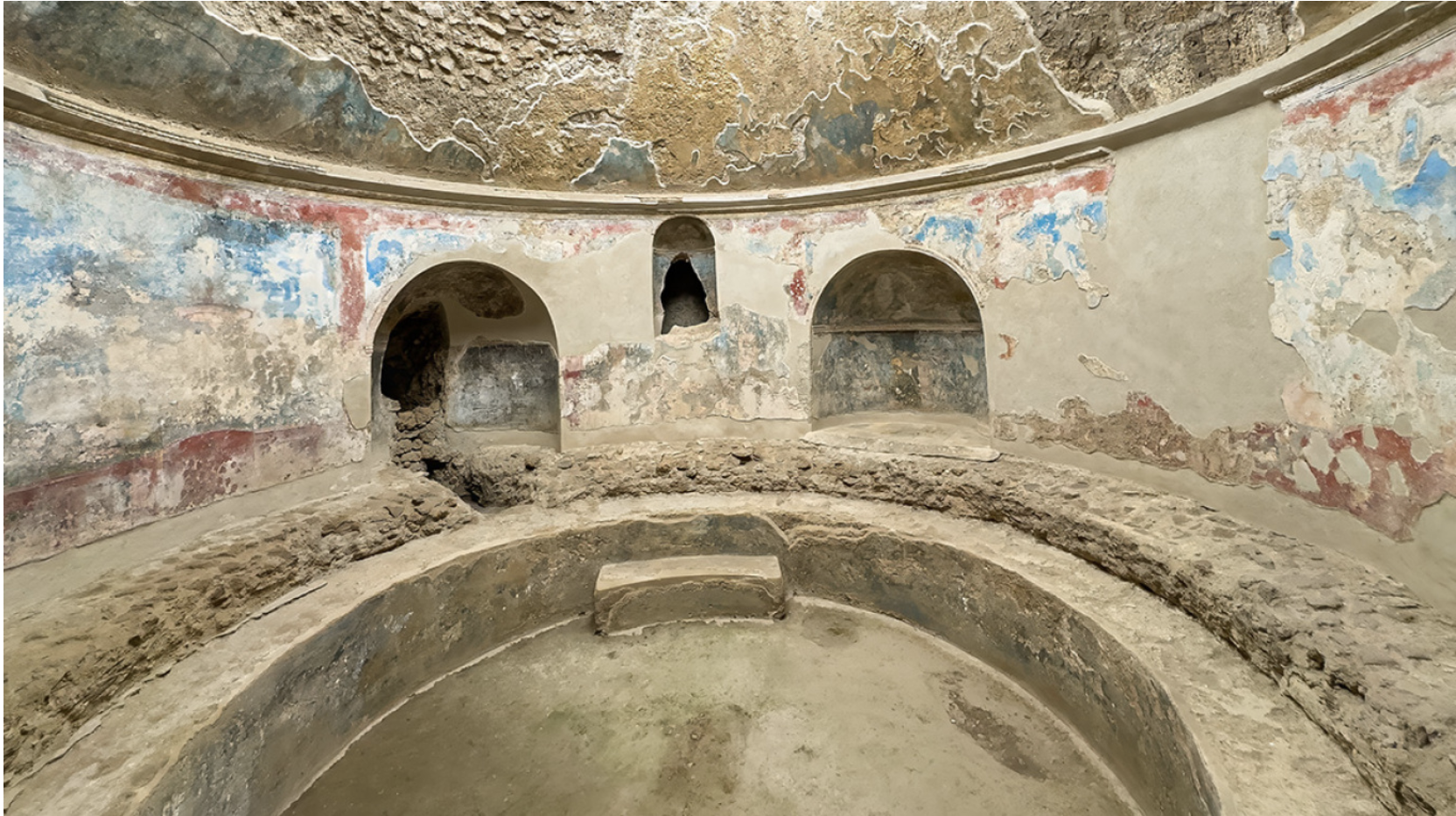According to the American Cancer Society, around 150,000 new cases of rectal and colon cancer are diagnosed each year. And while the number is slowly trending downward, thanks to an increase in pre-emptive age-related screening, it’s still the third biggest cancer in the US, affecting around one in 23 men and one in 26 women.
It’s also difficult to treat, with just 10% of patients responding to current immunotherapies. This means that treatment is more often than not surgery, removing all the cancerous tissue. As such, while it might improve survival rate, it can have a huge impact on quality of life outcomes for patients.
Now, researchers at the Olivia Newton-John Cancer Research Institute at La Trobe University in Australia have found that how a patient responds to cancer comes down to how effective a group of immune cells in the large bowel are.
Continue here: New Atlas
Ask me anything
Explore related questions





